DNVN - The need for nursing homes is becoming increasingly urgent as the aging process of Vietnam's population is expected to continue to accelerate. Along with that, family structure is changing significantly with the proportion of elderly people living with their children and grandchildren gradually decreasing.
According to the United Nations Population Fund (UNFPA), Vietnam is one of the countries with the fastest aging population in the world. People aged 60 and over accounted for 11.9% of the total population in 2019 and by 2050, this figure will increase to more than 25%.
By 2036, Vietnam will enter the period of aging population, moving from an “aging” society to an “aged” society. This demographic change is not only due to reduced mortality and increased life expectancy, but is largely due to a sharp decline in the birth rate.
This situation poses challenges to all aspects of the socio-economy, including a shortage of young human resources, a decline in labor force and productivity. Especially the challenge of enhancing the development of nursing care models, sufficient to meet the increasing needs of treatment, health care and improving the quality of life of the elderly.
In particular, the need for nursing homes is becoming increasingly urgent as family structures are changing dramatically. The proportion of elderly people living with their children and grandchildren is decreasing, in both urban and rural areas.
Along with economic development and increasingly modern life, prejudices about nursing homes have gradually changed in a more positive direction. The demand for nursing homes is constantly increasing in both quantity and quality.
Survey results from the report on the elderly by the United Nations Population Fund (UNFPA) and the General Statistics Office of Vietnam show that about 36% of the elderly said that they and their families are willing to pay for elderly care services.
The choice of care in both residential and semi-residential facilities will increase in the coming time. This includes models of care services for the elderly at home, in the community and in care facilities.
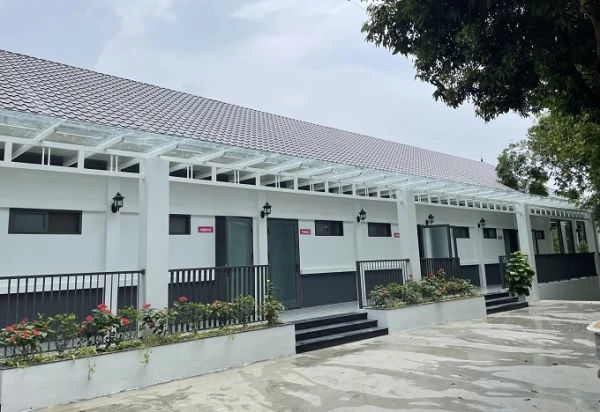
However, the Vietnam Association of Realtors (VARS) stated that in Vietnam, the number of care facilities or care services for the elderly is still limited compared to the potential. According to a survey and statistics by Bao Viet Insurance Company (BVI), Vietnam has only 32/63 provinces with nursing homes while the rate of elderly people living alone is increasing.
To ensure sufficient facilities and quality of care for the elderly, VARS recommends that the State should develop policies to encourage businesses to participate in elderly care. Specifically, there should be a policy of exempting or reducing corporate income tax for businesses developing nursing homes in the first few years of operation.
Similar to social housing, the State should consider providing preferential loans with low or no interest rates to private enterprises wishing to invest in building and operating nursing homes. Create a government support fund to provide grants or credit guarantees for nursing home development projects.
At the same time, there should be policies to encourage and attract foreign investors to invest in the field of elderly care in Vietnam. Provide land or lease land long-term at preferential prices to businesses developing nursing homes.
It is necessary to develop clear and transparent legal regulations on standards and operating conditions of nursing homes. Encourage the public-private partnership (PPP) model towards expanding the field of investment in elderly care, creating a legal basis for attracting private sector investment in this field.
Hoai Anh
Source: https://doanhnghiepvn.vn/kinh-te/bat-dong-san/can-co-co-che-khuyen-khich-doanh-nghiep-phat-trien-nha-duong-lao/20240818092038639


![[Photo] General Secretary To Lam visits exhibition of achievements in private economic development](https://vphoto.vietnam.vn/thumb/1200x675/vietnam/resource/IMAGE/2025/5/18/1809dc545f214a86911fe2d2d0fde2e8)



![[Photo] Ready for the top competitions of Vietnamese table tennis](https://vphoto.vietnam.vn/thumb/1200x675/vietnam/resource/IMAGE/2025/5/18/9c547c497c5a4ade8f98c8e7d44f5a41)

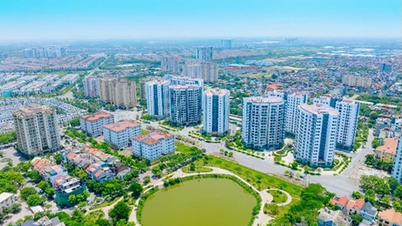

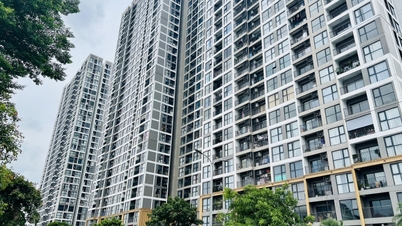



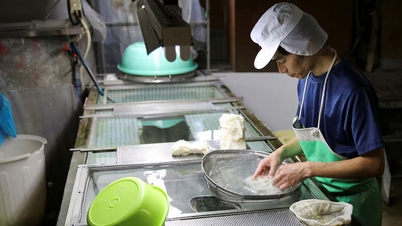





















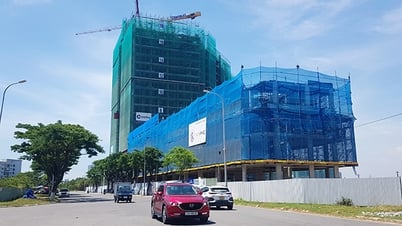
![[Photo] National conference to disseminate and implement Resolution No. 66-NQ/TW and Resolution No. 68-NQ/TW of the Politburo](https://vphoto.vietnam.vn/thumb/1200x675/vietnam/resource/IMAGE/2025/5/18/adf666b9303a4213998b395b05234b6a)

































































Comment (0)